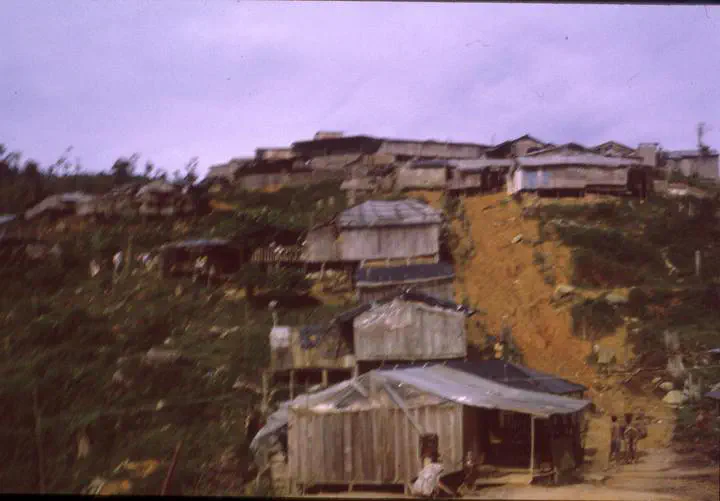The San Lucas mountain range in Colombia how much conservation is owed to the violence?
 Image credit: Liliana M. Davalos
Image credit: Liliana M. Davalos
Abstract
The imminence of forest conversion in the northern Andean region requires a careful evaluation of the social, political and economic context in which environmental efforts take place in order to achieve conservation. Through its socioeconomic effects violent conflict can result in threats pertinent to both conservation and resource management schemes. A survey of the San Lucas mountain range, at the northern tip of the Colombian Central Andes, is presented as a case study of factors associated with violent conflict that may hinder or enhance conservation in this complex social and political setting. Instability in land use and tenure associated with armed conflict were identified as major pressures associated with further conversion of tropical forest habitats; while low rates of settlement and measures enforced by armed rule were very effective in preserving certain tracts of forest. War certainly alleviates demographic pressure from settlers, but contemporary patterns of colonization in San Lucas suggest that armed conflict is detrimental to conservation purposes and to key members of the biological community.